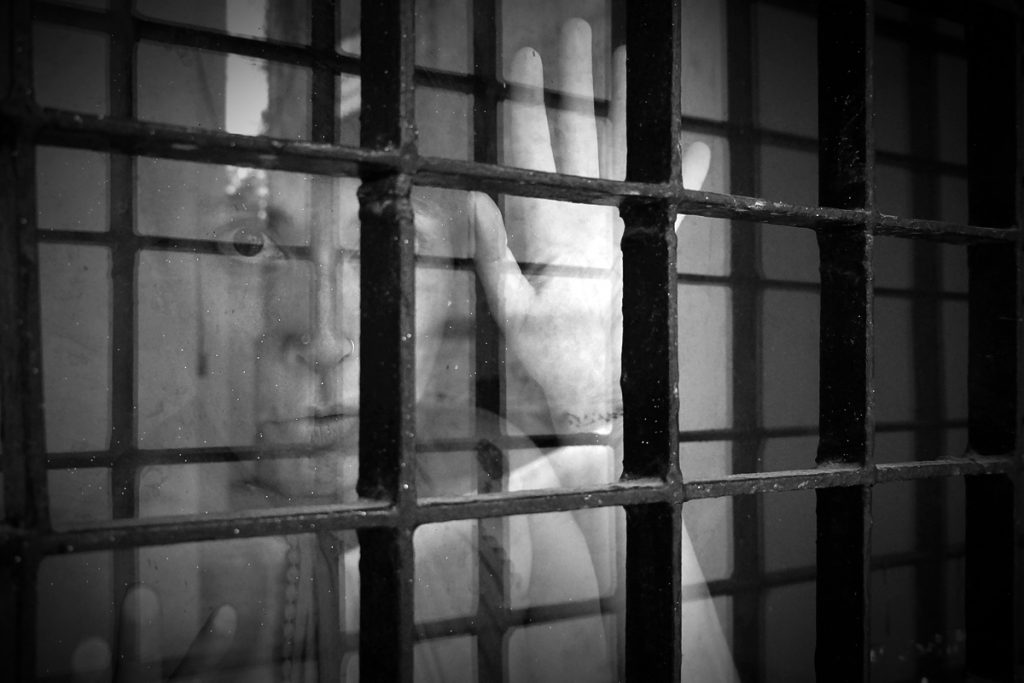During the reign of Jehoiakim (an evil king of Judah), between 609 and 598 BC, Yahweh instructed the prophet Jeremiah to bring the Rechabite’s entire household into Jerusalem within the temple of the Lord. Yahweh tasked Jeremiah to give the Rechabites wine to drink as they were in Jerusalem at the temple while invited. The Rechabites were the descendants of Rechab, a Benjamite, who were a nomadic family in southern Judah. They were people who lived in tents, and they were in Jerusalem for safety due to the continuing pressures from Babylon and Aram. The entire chapter of Jeremiah 35 is dedicated to the Rechabites, and their obedience to Jonadab, Rechab’s son, where Yahweh uses a relevant and useful family covenant to deliver a clear and necessary message to His people there in Judah.
When Jeremiah offered the Rechabites the wine placed before them in the temple, they refused to accept it. They explained that they were under an obligation to obey Jonadab never to drink wine all their days. This was an obligation to include their children, their wives, and all of their families. So even with the prophet Jeremiah’s social courtesy and implied pressure, they held to their oath and refused the pleasure of the wine to drink. They did not waver from their commitment, and they honored their obligation to their father and each other.
Yahweh knew of their commitment and arranged for this encounter with Jeremiah to compare the Rechabites and the people of Judah as one covenant is honored among members of a family. In contrast, another covenant was rejected between God and His people. With Jeremiah’s clear view about how wrong the people of Judah were to dishonor their covenant with God, he again hears from Yahweh. Yahweh’s words reached Jeremiah’s inner being to communicate a level of condemnation the people of Jerusalem could not recover from. So as a matter of course, Yahweh drew attention to the family of Rechab and their obedience. If people can hold an oath and covenant between each other, how is it that these people could not keep their agreement with their God, who has done so much for them?
After numerous prophets were sent from Yahweh to advise and warn His people, they refused to accept His messages, turn from their evil behaviors, and return to Him. The kings, priests, court prophets, officials, and people of Judah were all complicit in their immorality before Yahweh, and they continued in defiance while they knew and recognized His prophets. The obstinance with continued defiance and evil conduct brought about God’s anger, who made clear to them they would be destroyed.
It was decreed by their creator and God of heaven and earth; He would bring disaster upon them. All the Jerusalem inhabitants would face violence, hunger, sickness, loss of safety and property, exile, and enslavement. A people of God who were once protected and secured, were now to undergo destruction because they broke their promise to obey and follow Him. To honor, serve, and delight in Him as their God.














